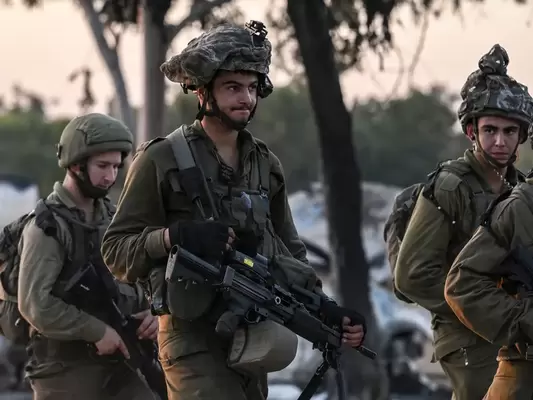A preliminary report by the Israel Defense Forces (IDF) has revealed a series of misjudgments by troops during the October 7 incident, which led to significant casualties and sparked widespread controversy. The internal investigation highlights operational errors and lapses in judgment, prompting calls for a thorough review of IDF procedures and protocols.
Incident Overview
The October 7 incident occurred in southern Israel when IDF troops engaged in a firefight with armed militants near the Gaza border. The clash resulted in several deaths and injuries, including both IDF soldiers and militants. The incident raised immediate concerns about the conduct and decision-making of the involved troops, leading to the initiation of a formal probe.
Findings of the Preliminary Probe
The non-final IDF report identifies various misjudgments and errors in the handling of the situation. Key findings include:
-
Delayed Response: The report indicates that there was a delay in the deployment of reinforcements and medical aid to the scene, which may have contributed to the higher number of casualties.
-
Miscommunication: There were significant lapses in communication between the frontline troops and command centers, leading to confusion and ineffective coordination during the operation.
-
Operational Mistakes: The troops reportedly failed to adhere to standard operational procedures, including proper reconnaissance and situational assessment, which resulted in tactical disadvantages during the engagement.
-
Underestimation of Threat: The report suggests that the troops underestimated the threat posed by the militants, leading to inadequate preparation and response to the situation.
-
Inadequate Training: The investigation highlights a potential gap in the training and preparedness of the involved soldiers, suggesting that they were not fully equipped to handle the complexities of the situation.
Response from Military Leadership
IDF Chief of Staff Lieutenant General Herzi Halevi emphasized the importance of learning from these findings to improve future operations. “We must thoroughly analyze the lessons from October 7 to ensure that our troops are better prepared and that such mistakes are not repeated,” Halevi stated.
The IDF leadership has pledged to implement changes based on the probe’s recommendations, including enhancing training programs, improving communication systems, and refining operational protocols to prevent similar incidents in the future.
Public and Political Reactions
The report has prompted a range of reactions from the public and political leaders. Some have called for accountability and demanded that the findings be addressed transparently to restore public confidence in the IDF.
Opposition leaders have seized on the report to criticize the current government’s handling of security issues, arguing that the incident reflects broader systemic problems within the IDF. “This incident underscores the need for comprehensive reforms and greater oversight of military operations,” said Yair Lapid, leader of the opposition.
Family members of the fallen soldiers have expressed mixed emotions, with some demanding more detailed answers and accountability, while others called for a focus on constructive changes to prevent future tragedies.
Next Steps
The IDF has announced that a more detailed and final report will be released in the coming weeks, following a thorough review of the incident. The findings from the preliminary report will be used to inform ongoing efforts to enhance the effectiveness and preparedness of Israel’s military forces.
As the IDF continues to address the issues highlighted by the probe, the incident remains a stark reminder of the challenges faced by military personnel in volatile and complex operational environments.



